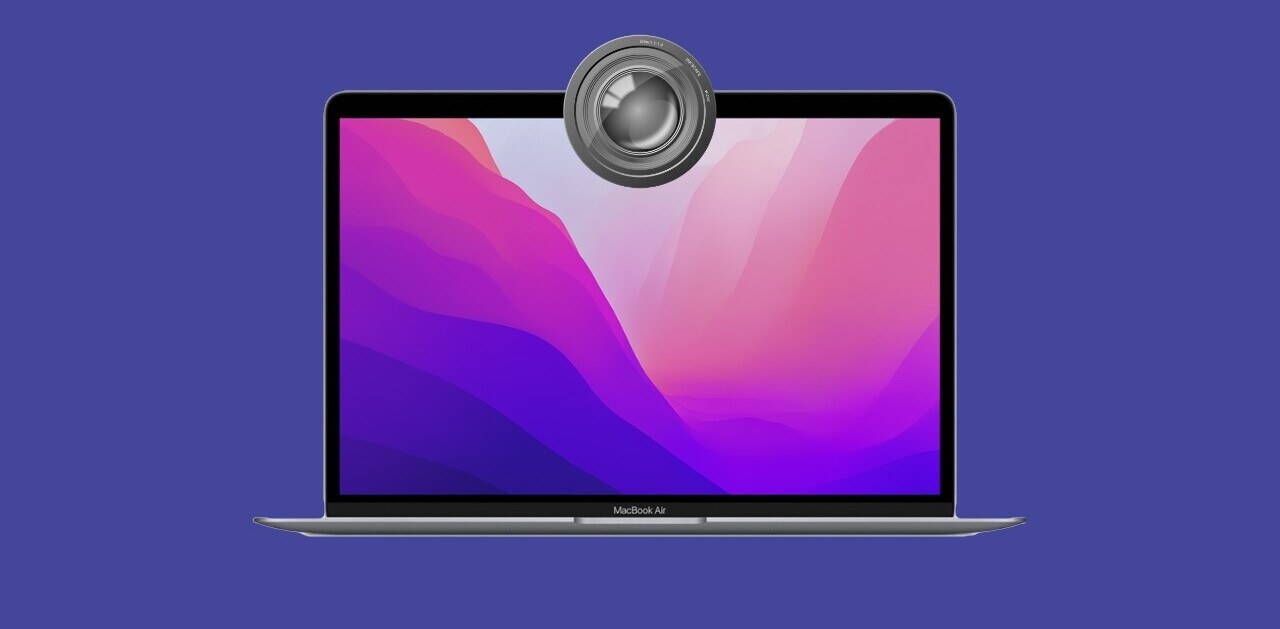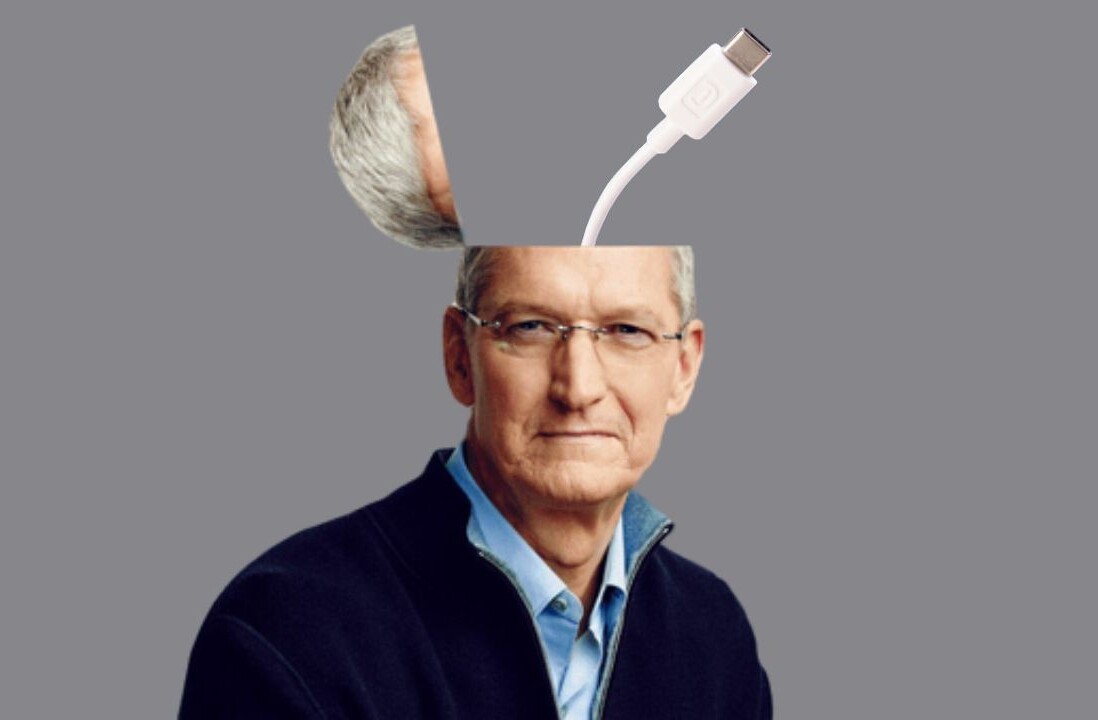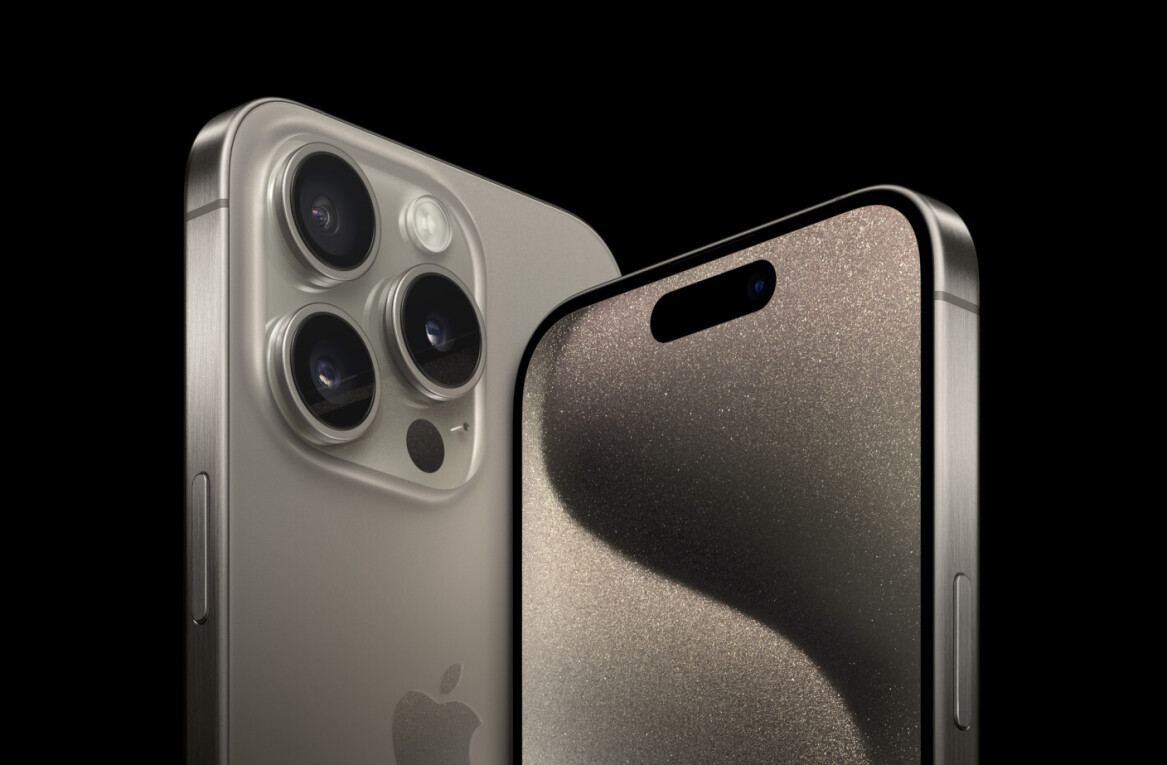
 The head of the Australian Crime Commission, John Lawler, has raised serious security concerns over popular smartphones, warning many of the most well known handsets are vulnerable to hacking and data breaches.
The head of the Australian Crime Commission, John Lawler, has raised serious security concerns over popular smartphones, warning many of the most well known handsets are vulnerable to hacking and data breaches.
Lawler focused specifically on Apple’s popular iPhone smartphone, noting it was now the “third most used system in the world” for businesses and had been “deployed or piloted by more than 70 percent of Fortune 100 companies.”
Speaking at a criminology conference, Lawler pointed out that the iPhone was causing IT managers all manner of problems, as the smartphone surges in popularity, managers are finding it increasingly difficult to “centralise installation and security updates”, a process that other platforms (namely BlackBerry and Windows Mobile 6.5 handsets) have made it substantially easier to administrate a large userbase and their mobile phones.
Attacks were also levelled on the growth of cloud storage to store user information. Lawler argued that because consumers were intent on accessing applications or data from anywhere in the world, it’s made it difficult for authorities to access the data and deal with the jurisdictional issues, even before its identified where the crime occurred.
All very tinfoil-hat, don’t you think?
Lawler singled out the iPhone, a device that is mostly susceptible to major attacks when it has been jailbroken (although hackers did managed to extract the SMS archive of a non-jailbroken phone) and default passwords have been left untouched. Save the PDF exploit that allowed iPhone users to jailbreak their handsets by visiting a webpage, the iPhone does not stand out as a particularly vulnerable device.
It’s easy to understand Lawler’s argument that the iPhone does not allow for centralised updates but this does not make it dangerous or potentially dangerous. It might just be a case that Apple has done such a good job at marketing it device across a range of different markets that it has become an obvious target, especially after it helped change the role of the modern smartphone.
Get the TNW newsletter
Get the most important tech news in your inbox each week.




